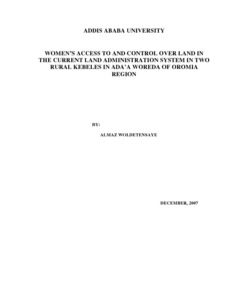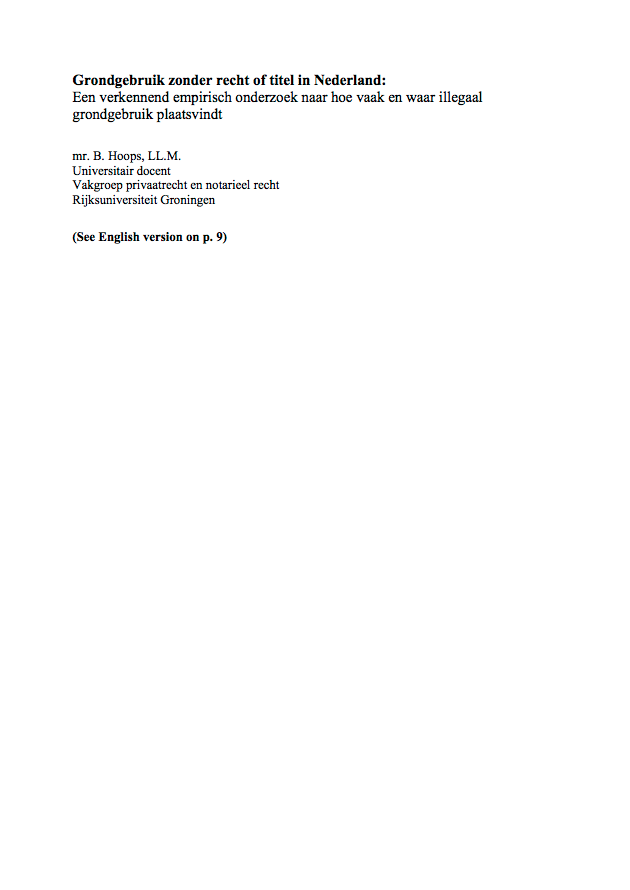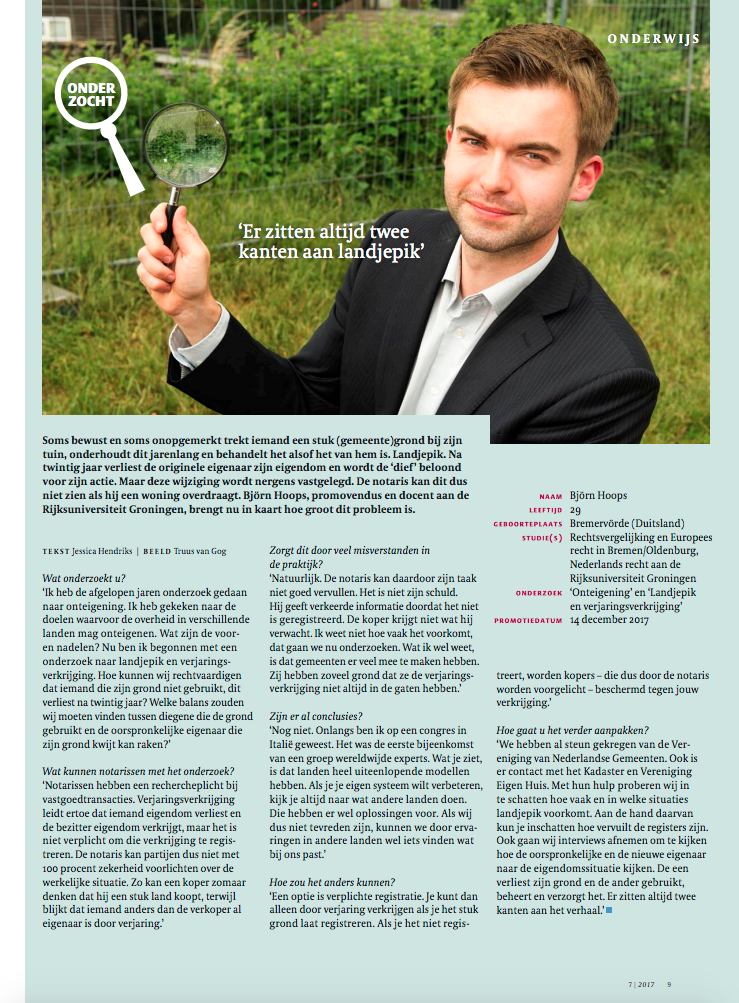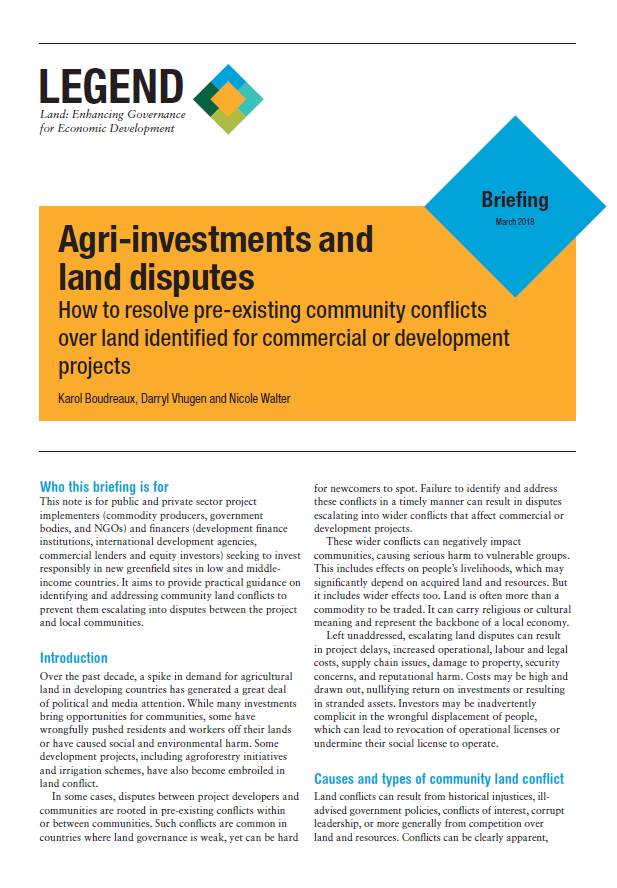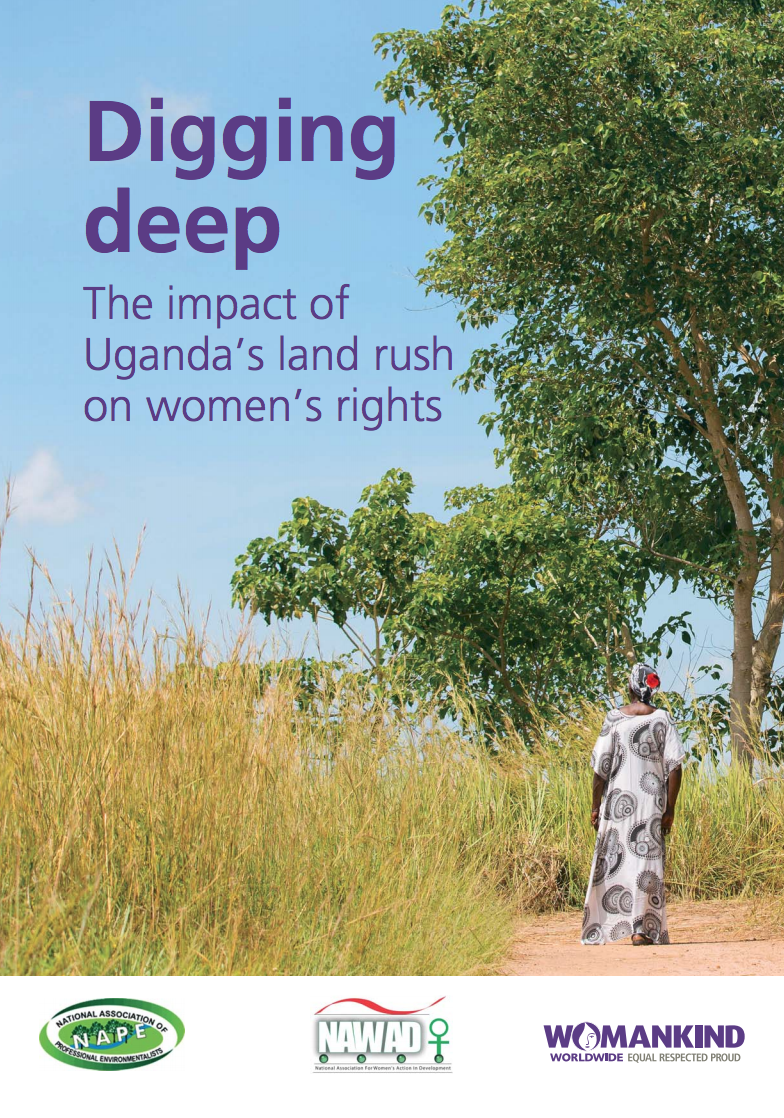When REDD+ goes national: a review of realities, opportunities and challenges
The development of national REDD+ strategies has progressed. Common challenges include establishing appropriate national institutions that link into ongoing processes; ensuring high level government commitment; achieving strong coordination within governments and between state and non-state actors; designing mechanisms to ensure participation and benefit sharing; and establishing monitoring, reporting and verification (MRV) systems. The different agendas of actors involved in policy formulation at the national level reflect those at the international level.


